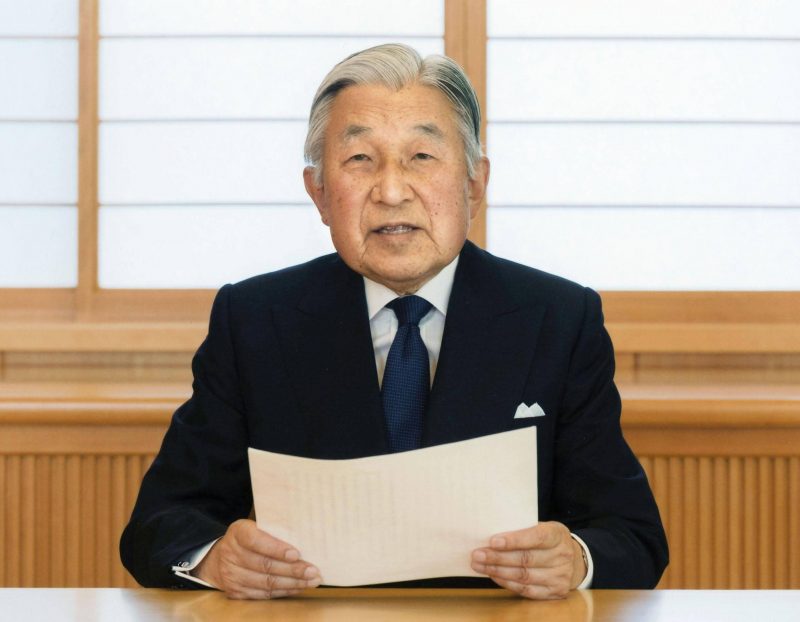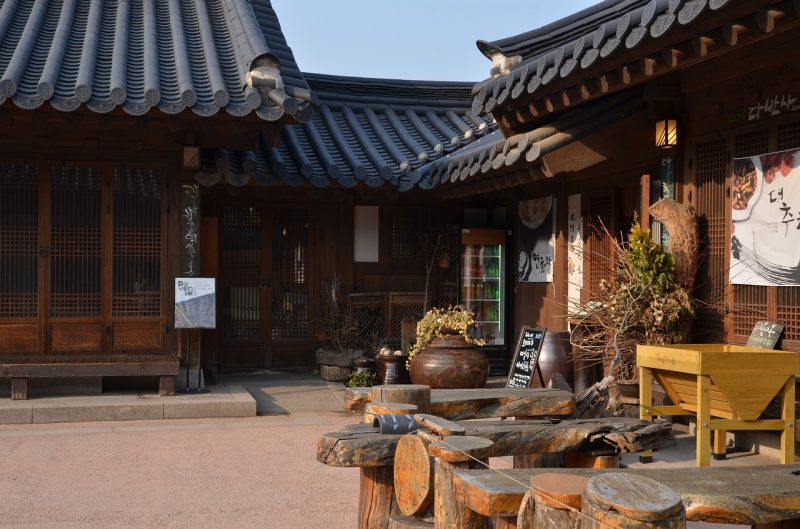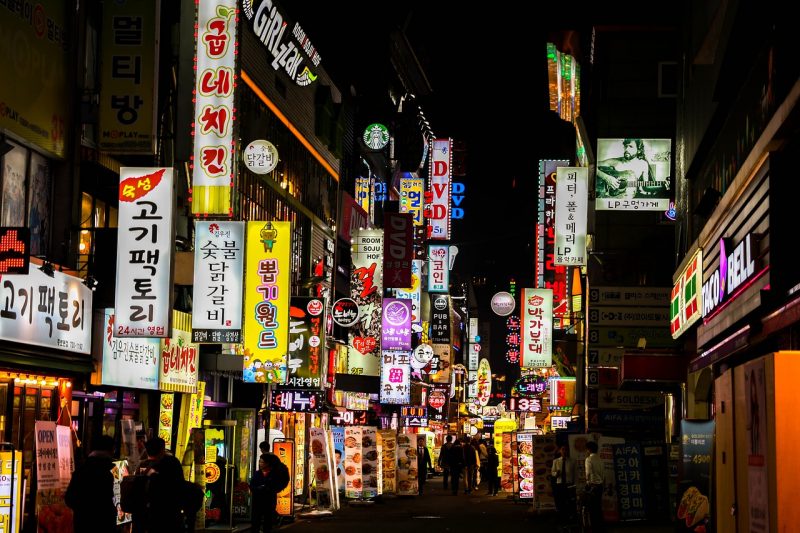Few may know this, but within Japanese culture and society, there are influences from Korea. All the architecture, clothing, language, 仏教 and the 漢字 are the result of a cultural import from the Korean Peninsula.
From the mid-5th to the 7th century, Koreans introduced metallurgy, stone pottery, legislation, and the Buddhist religion to Japan. Until today it is believed that the introduction of all this was done directly by the Chinese. However, these cultural influences only reached Japan via Korea.
Many Korean influences in Japan originated in China, but were adapted and modified in Korea before reaching Japan. The role of ancient Korean states in the transmission of continental civilization has long been overlooked. Often, Japanese nationalist ideologies complicate the interpretation of these influences.
Table of Content
Influences in Ancient Japan
Korean influence in Japan dates back to the migration of Koreans to Japan. In the early 9th century, a survey of important Japanese clans shows that out of 1,182 noble families, 247 were from Korean kingdoms and 176 were from China.
Much of the knowledge that Koreans passed on to Japan originally came from China. However, if the Japanese relied solely on Chinese sources for outside influence and stimulus, the extent of Chinese influence would have been much smaller than it is.
Sea routes to China were much longer and more dangerous than those to Korea. For centuries, direct contact with China was impossible due to Japan's political weakness. Contact with Korea was uninterrupted, so Chinese influence, filtered and modified by Korea, continued.
Denial of Korean influences in Japanese society

Since the declaration of the Imperador Akihito about the Korean descent present in the blood of the Imperial Family, nationalist movements in Japan have lost strength. These same movements were based on a myth that Japanese culture and society are what they are because of their own development, not because of external relations. Although, these movements never denied the influences that Japan had from China.
Until then, it was considered taboo to talk about Korean influences in Japanese culture. And this taboo was strengthened thanks to the political relations of Korea and Japan. However, since the emperor's own declaration, this taboo has been broken.


